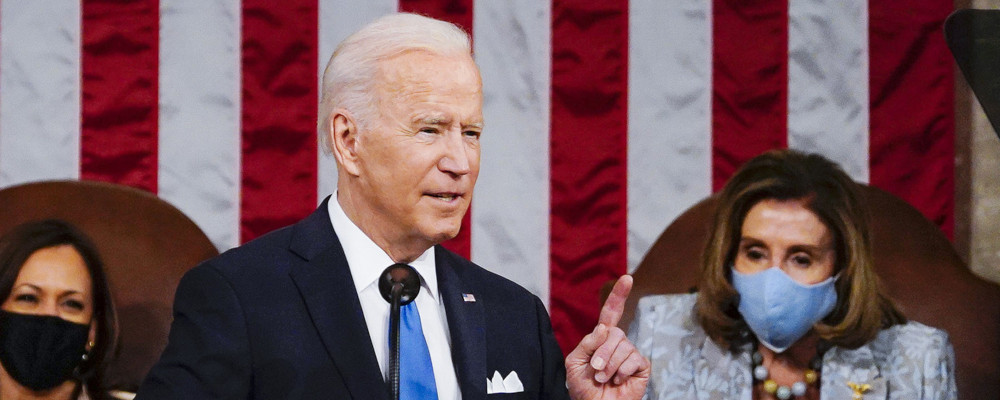
Robert Asselin: Refocusing the debate on industrial policy
12 January 2023
Robert Asselin is Senior Vice-President, Policy at the Business Council of Canada and Fellow at the Munk School of Global Affairs and Public Policy at the University of Toronto.

12 January 2023

4 November 2022

26 November 2021

28 September 2021

14 July 2021

9 June 2021

27 May 2021

21 April 2021